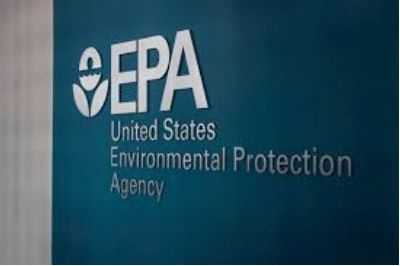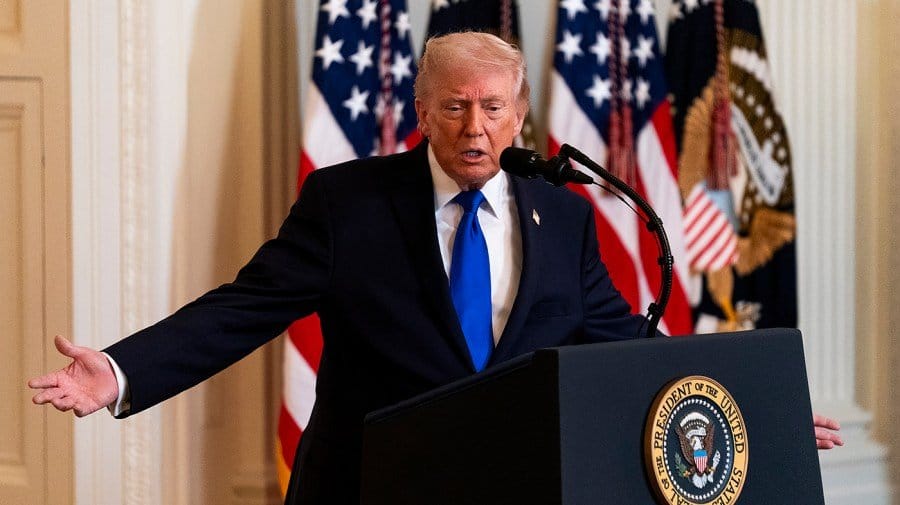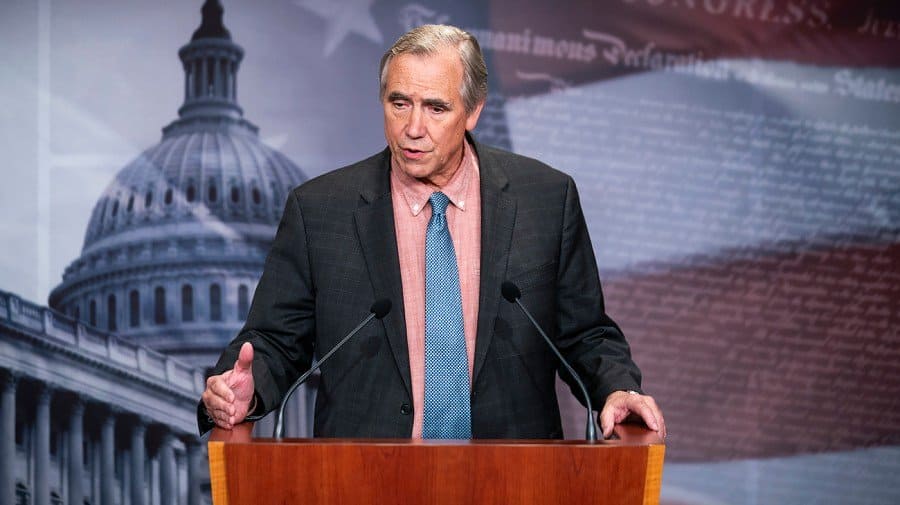
In a move poised to reshape the federal workforce, President Donald J. Trump issued an executive order on July 17, 2025, establishing “Schedule G” within the “excepted service.” This new classification allows for the appointment of individuals to non-career positions of a “policy-making or policy-advocating character” that are “normally subject to change as a result of a Presidential transition.” While the administration frames this as a necessary step to enhance government efficiency and ensure the faithful implementation of presidential policy, critics warn it marks a dangerous pivot towards prioritizing political loyalty over essential qualifications, ultimately undermining the integrity and effectiveness of the federal civil service.
The Executive Order’s stated purpose is to fill a perceived “gap” where there is none in existing federal hiring classifications. According to a White House fact sheet accompanying the order, “Existing types of employees, like Schedule C and Schedule Policy/Career, do not provide for non-career appointments to policy-making or policy-advocating roles, leaving a gap in Federal hiring categories.” The administration believes creating Schedule G will “increase the horsepower for agency implementation of Administration policy,” particularly in agencies like the Department of Veterans Affairs.
However, the language within the order should create a great apprehension. Section 5(b) of the order, specifically addressing appointments within the Department of Veterans Affairs, states that the Secretary “shall consider whether prospective appointees would be suitable exponents of the President’s policies.” While it adds that the Secretary “shall not take into account prospective appointees’ political affiliation or political activity,” this distinction is seen by many as a fine line easily blurred.
Emphasizing a candidate’s “suitability as an exponent of the President’s policies” essentially introduces a political loyalty test into the hiring process. This directly clashes with the foundational principles of the American civil service, established in the Pendleton Act of 1883 to replace the “spoils system” with a merit-based approach. The merit system dictates that federal jobs should be filled based on an individual’s skills, knowledge, and abilities, rather than their political allegiances.
“Such a loyalty test is antithetical to the concept of an expert, nonpartisan civil service and will only serve to degrade and politicize the services Americans need from their government,” stated Rep. Stephen Lynch (D-Mass.), the acting ranking member of the House Oversight and Reform Committee, regarding similar concerns about a previous hiring directive. This sentiment resonates with fears that the new Schedule G could lead to a less qualified, less experienced workforce in critical policy roles.
The American Federation of Government Employees (AFGE) has consistently vocalized concerns about such executive actions, with AFGE President Everett Kelley previously stating that similar orders create “an army of sycophants beholden only to Donald Trump, not the Constitution or the American people.” The worry is that if loyalty becomes the dominant criterion, highly skilled professionals who may not perfectly align with the current administration’s specific policy preferences could be overlooked. This could result in a talent drain and a loss of institutional knowledge, leading to decreased government efficiency and potentially poorer public services.
While administrations naturally seek to implement their agendas, a robust and effective government relies on the expertise and independent judgment of its professional civil servants. By expanding the “excepted service” categories, the Schedule G Executive Order risks eroding the merit system and fostering an environment where political alignment is valued more than professional competence. The long-term implications for the quality and non-partisanship of federal governance remain a significant concern.






